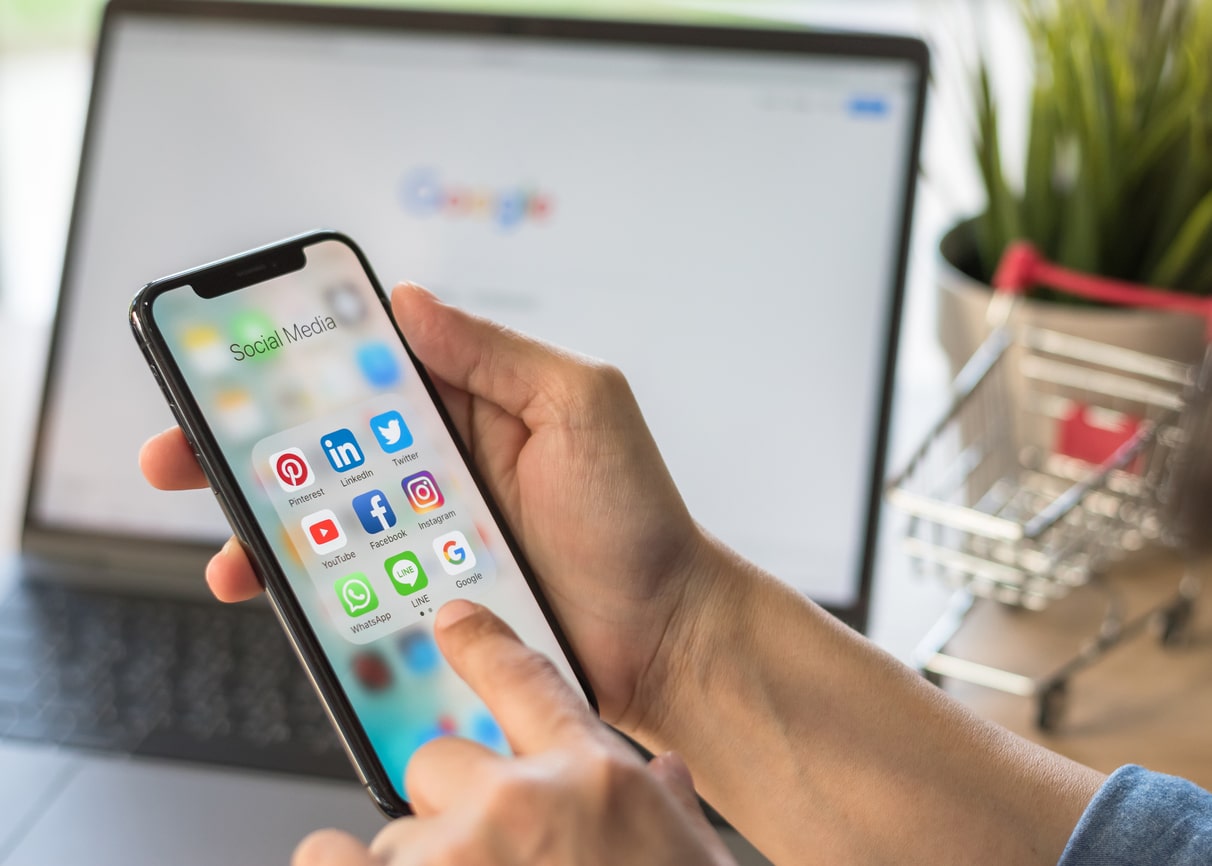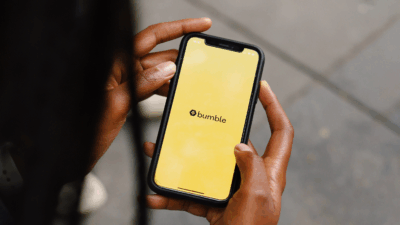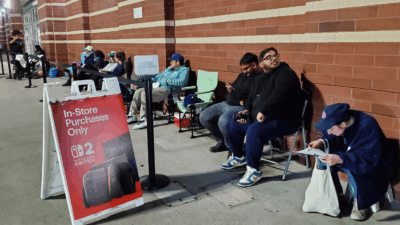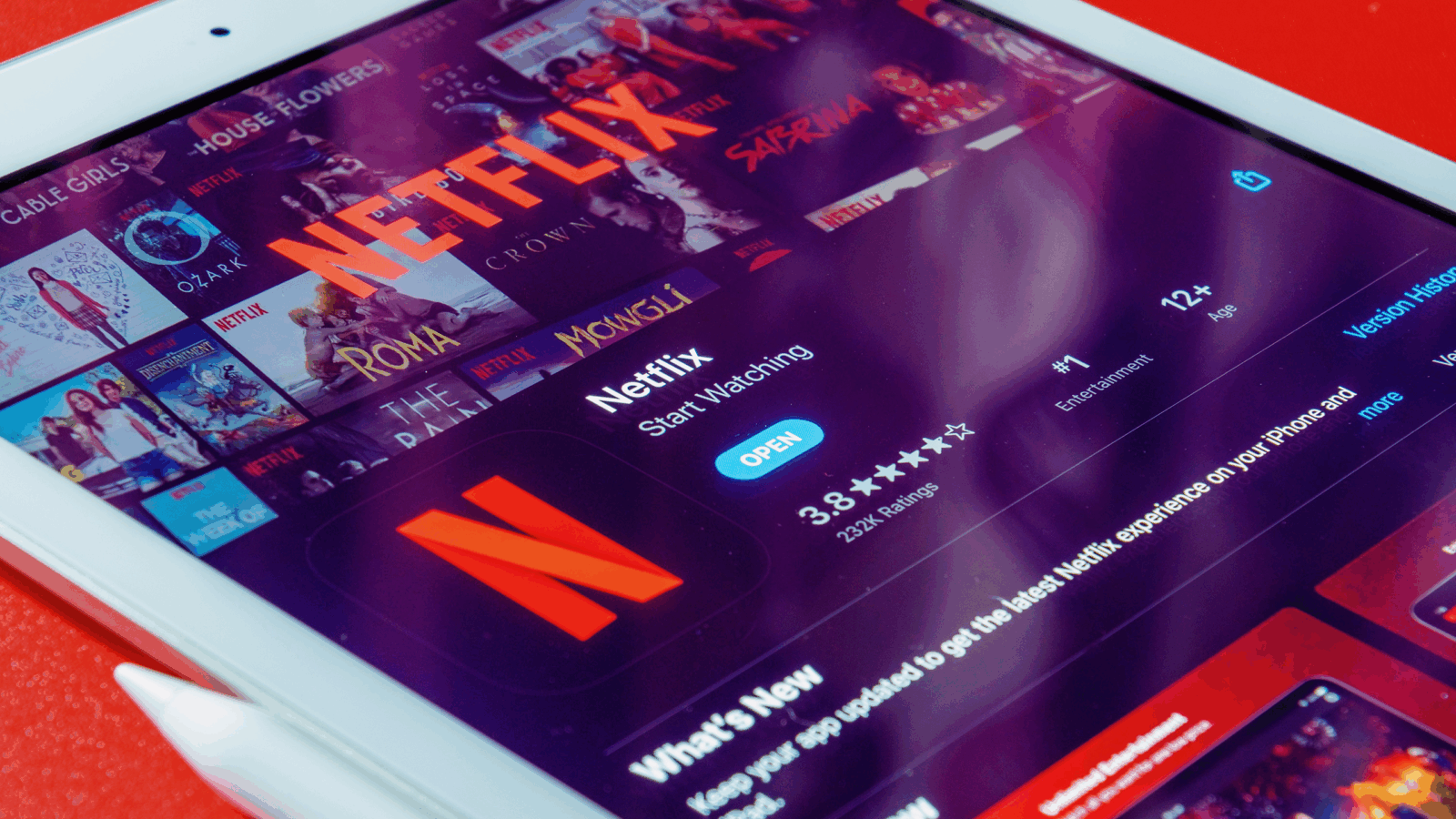
Sign up for smart news, insights, and analysis on the biggest financial stories of the day.
The kids are alright so long as they’re holding an iPhone.
A new poll from the Pew Research Center released Wednesday revealed that nearly half of American teens say they are “almost constantly” online and 35% say they use at least one social media platform “almost constantly.”
What’s a Facebook?
Shakespeare wrote that it is better “to see the wonders of the world abroad” than “living dully sluggardized at home, wear out thy youth with shapeless idleness.” But the Bard, of course, didn’t have the pleasure of watching YouTube on a smartphone, either.
YouTube is in fact easily the most popular social app among teens — 95% of respondents told Pew they use YouTube, with 19% saying they use it “almost constantly.” Second was TikTok, with 67% of teens reporting they use the short video app, and 16% “almost constantly.” Rounding out the big four apps among teens are Meta-owned Instagram, which 62% said they use, and Snapchat, which has a 59% uptake. The social network that revolutionized the business of the internet, however, is getting fewer and fewer likes:
- Meta’s Facebook is your grandfather’s social network. In 2015, 71% of teens told Pew they use the app, making it by far the most popular; that’s fallen all the way to 32% or, in Gen Z parlance, Mark Zuckerberg’s world-altering social network is now cheugy.
- They may be spending less time on Facebook, but teens are more glued to their phones than ever. The share who say they are “almost constantly” online has grown to 46% from 24% in 2015. You don’t need Shakespeare to tell you that’s a lot of screentime.
Parental Advisory: Documents released last year by Meta whistleblower Frances Haugen revealed the company’s own internal research showed Instagram is potentially harmful to the mental health of teen girls, while external researchers have expressed concerns about the long-term effects of excessive social media use. Instagram and TikTok expanded parental controls in the last year and, this week, Snap allowed parents to view who their children are friends with and who they message.











